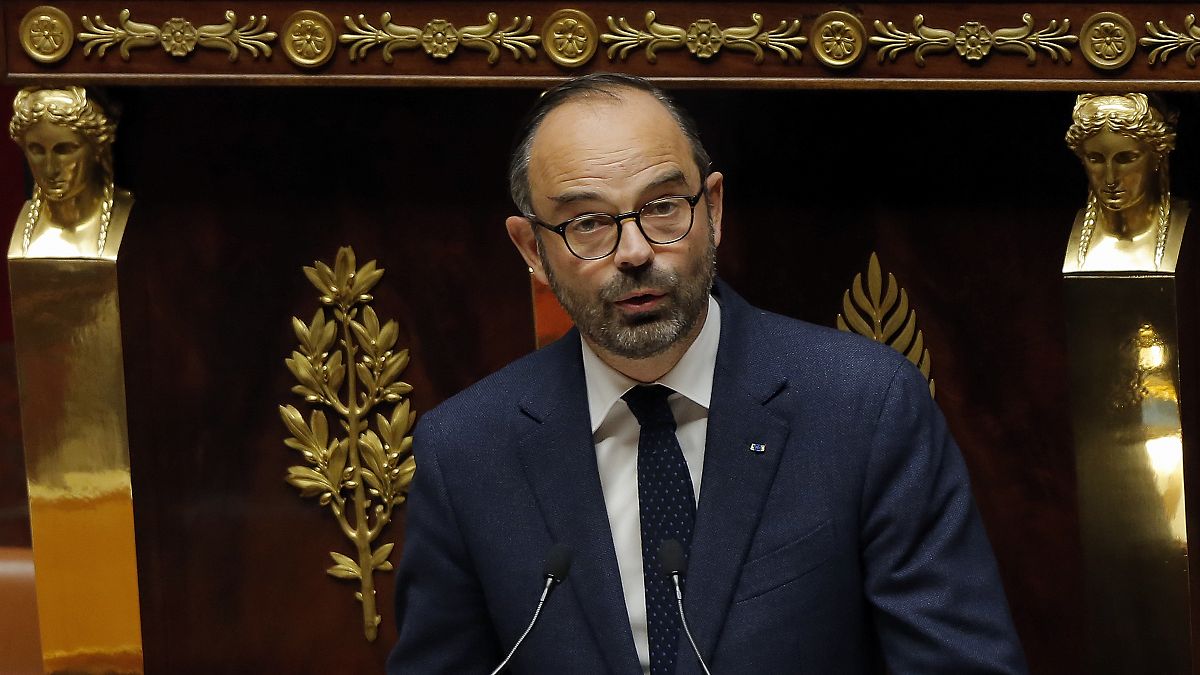French prime minister Édouard Philippe used special powers in the National Assembly to end debate on the controversial retirement reform program.
France's government has invoked a rarely used special power to push the controversial retirement reform through parliament without a vote.
French Prime Minister Edouard Philippe said he was invoking the power "not to end debate but to end this episode of non-debate." He said he got approval to do so during a special Cabinet meeting on Saturday that focussed on France's response to the coronavirus outbreak.
The move has been met by disapproval from opposition lawmakers with some accusing Philippe of trying to sneak the divisive pension reform through while public attention is focused on the virus outbreak.
Philippe told French broadcaster TF1 that the move had "no link with the virus" and said the debate in parliament was taking too long with too many amendments. He said lawmakers debated the law's name for nine hours.
Opposition lawmakers scrambled to try to thwart the move. But their efforts to organise a censure vote looked doomed to fail because Philippe's government has a comfortable majority.
The constitutional power used by Philippe to force the pension bill through the assembly without a vote has been used less than 100 times since the fifth French Republic was established in 1958.
The government had become increasingly frustrated with the slow progress of the bill, held up by thousands of opposition amendments.
Philippe's surprise announcement that he was cutting short debate in France's National Assembly is the latest twist in the pension reform shake-up that has caused sustained protests and weeks of crippling strikes.
The changes would create a universal system, ending special regimes that allow some workers to retire early. President Emmanuel Macron's government wanted to raise the age for full retirement by two years to 64 but eased off the move after the strikes, which began in early December.
